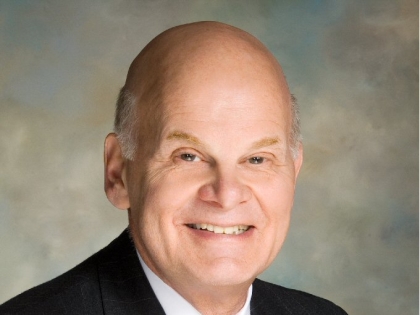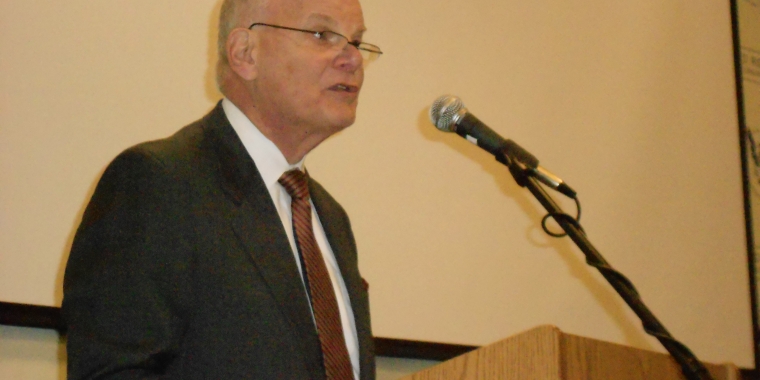
The Greenway – Too Valuable to Bury in Bureaucracy
Stephen M. Saland
January 20, 2009
A Column by Senator Steve Saland
With the State in the midst of an unprecedented fiscal crisis, it is critical that we evaluate every program, agency, and spending line to determine how to best achieve a balanced budget that streamlines government without stripping away critical and essential services. Needless to say, this task poses enormous challenges, but certainly can be accomplished if we work together in a bipartisan fashion with the best interests of our constituencies in mind.
That said, as we examine the proposals put forward in the Executive Budget, we need to consider whether a savings is genuinely achieved before accepting a recommendation that appears to be penny wise but actually may be pound foolish. The Governor’s recommendation to eliminate the Hudson River Greenway Communities Council and the Hudson River Valley Greenway Heritage Conservancy and transfer the liabilities, assets, and responsibilities of those entities to the Department of State appears to fall precisely into this category. While the Governor did alter his original proposal which would have compromised Greenway’s ability to receive federal funding, this proposed shift will not achieve the estimated savings of $900,000. As important, we need to consider that this recommendation will dismantle the integrity of a highly successful program which serves as a model for regional planning throughout our State and beyond our borders.
I have a long history with the Greenway, as I co-authored the law in 1991 with Congressman Hinchey, then an Assemblyman. This law was carefully constructed with the intention to specifically avoid the Greenway being part of a bureaucratic entity. Under the Governor’s plan, if the Greenway becomes part of another state agency, the access will change; the trust factor will diminish; and accomplishments over time will surely dissipate.
This is the time when our State should be seeking measures to streamline government, not placing efficient independent operating programs into the fold of a state bureaucracy. It is crucial to our State’s fiscal health to review endeavors such as Greenway, and showcase it as a model that produced even more than we, as the originators, even thought possible. With more than 250 communities involved in the Greenway and utilizing grants awarded to stimulate economic
development, tourism, agriculture and revitalization efforts, the immense return on the State’s small investment in Greenway is undeniably evident throughout the Hudson Valley.
As we move forward in the budget making process, it is essential to look at the big picture before accepting proposals that may inflict more harm than good. Under the Executive’s construct, factoring in the real potential for a loss in grants and economic development projects, the State may actually incur greater costs with less than desirable results.
Too often hasty decisions are made in the spirit of savings, but in this instance, savings are illusory. Given what is at stake, I am confident that the Greenway’s contributions and success in the Hudson Valley will be recognized.
Share this Article or Press Release
Newsroom
Go to NewsroomSenate Passes Sex Abuse Prevention Bills
May 1, 2012
